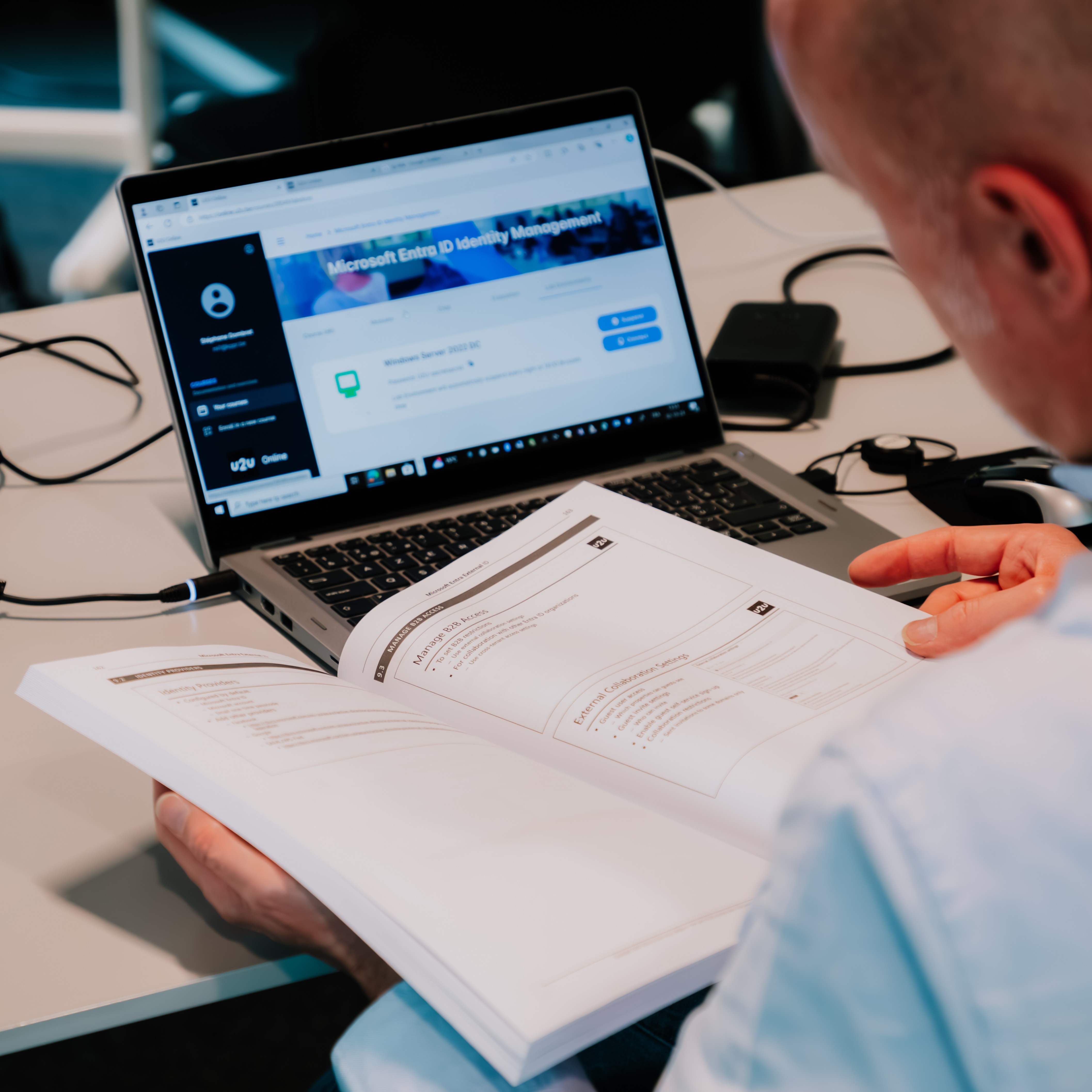What Makes Training Truly Effective
Key Criteria for a Successful Training Experience
A successful training experience creates real understanding, builds practical skills, and delivers lasting results. It results from a combination of clear objectives, strong content, experienced instructors, and sustainable support.
At U2U, we apply the following key criteria as the foundation for every course:
Clear Learning Objectives
Relevant and Up-to-Date Content
Training content must reflect current technologies, methods, and best practices, ensuring that what is learned is directly applicable.
In a recent survey, 58% of IT leaders cited insufficient internal training is the primary barrier to adopting new technologies.
3. Poor Customer Experience
When employees are not properly trained, customers experience inconsistent or inaccurate service and lose confidence in your brand.
Customer Satisfaction with untrained teams (65%)
Customer Satisfaction with trained teams (80%)
(Source: European Management Journal)
4. High turnover
Lack of learning opportunities sends a message: You are not worth investing in. This kills motivation and fuels disengagement. Career growth is one of the top reasons people stay at a job. Without training, ambitious talent won’t stay long.
0%
94% of employees say they would stay longer at a company that invests in their learning and development (LinkedIn Learning, 2024).
5. Increased Operational Risk
Failure to keep staff informed of evolving threats and legal obligations increases the risk of reputational damage, legal penalties and operational disruption. Especially in technical or regulated environments, lack of training leads to errors, safety violations, or even legal exposure.
A staggering 88% of data breaches are linked to human error.
0%
A successful training experience creates real understanding, builds practical skills, and delivers lasting results.
It depends on key criteria: Teaching Style , Atmosphere, Content, Resources, and Flexibility
Each shaping how people learn and apply what they’ve learned.
Teaching Style
The Atmosphere
A positive environment keeps people engaged and makes learning easier.
People learn better when they feel good. A positive environment encourages openness, sparks curiosity, boosts confidence, and helps your team bring fresh ideas back to work with more energy.
Content
Effective training combines focused content, hands-on practice, and clear goals. Together, they turn learning into meaningful results your team can apply right away.
When training is practical, targeted, and goal-oriented, your team learns faster, performs better, and brings lasting improvements to the job.

Resources
Flexibility
Curious how we deliver on these criteria?
Explore our approach in detail or get in touch with us directly.

